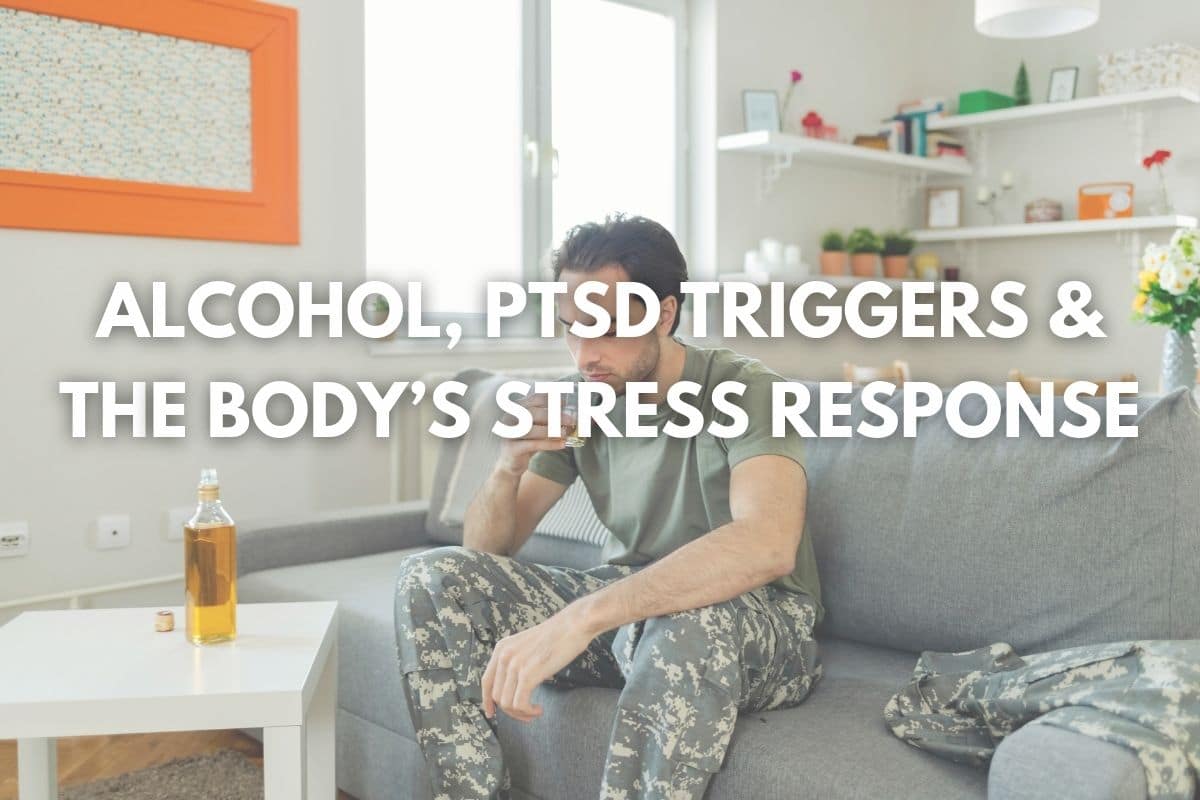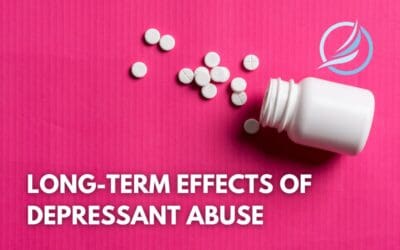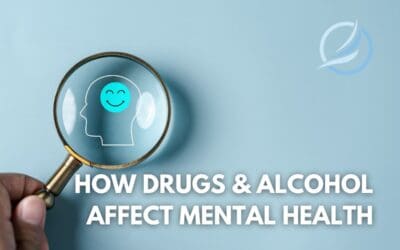Post-traumatic stress disorder is a severe mental illness when the brain relives traumatic experiences resulting in intense bouts of fear, anger, or other negative emotions (which can also cause immense physical distress). These instances are called flashbacks. Though they may seem to occur unpredictably, they are usually spurred by what’s known as a PTSD trigger.
These triggers are often sensory-based and in many cases, are harmless or mundane to someone without PTSD. But mental illness isn’t always rational. When alcohol is added to this already impaired state of mind, there are overlaps in both the body’s stress response and neurochemical affectations that can quickly make a bad situation even worse.
What Is A PTSD Trigger?
Post-traumatic stress disorder triggers are anything that the brain has associated with specific details of a traumatic event. When encountered, they elicit feelings, physical sensations, or even actions as if experiencing the event all over again.
There are two types of PTSD triggers: internal and external. Internal triggers can be certain feelings or moods such as anger, pain, frustration, or even loneliness. External triggers can be everything from sensory interactions (hearing certain sounds, smelling particular scents, etc.) to certain times of the year, or even a particular location. Whenever these particular triggers are seen, heard, felt, tasted, or touched, they can immediately put the brain and body on high alert and elicit a powerful stress response.
How PTSD Flashbacks Affect The Body
The instance of being triggered can be debilitating and potentially dangerous all its own. A person might forget where they are and in the midst of a flashback try to flee or partake in some other action that could put them in harm’s way, say for instance, “fleeing” into a busy intersection. Instances like these are just one of the ways that PTSD can severely interfere with a person’s ability to function in day-to-day life. In some cases, the condition worsens to the point of being considered a disability.
That’s not all. Being triggered can also have long-term repercussions on a person’s overall health. PTSD flashbacks put the body in fight-or-flight mode, literally inducing a state of stress. Blood pressure and heart rate increase, adrenaline is released, and energy is diverted away from non-essential bodily functions. This puts an immense amount of stress on the body and can result in major health complications over time. Individuals with PTSD can find themselves with prolonged or chronic stress, which is well-documented as being a potentially deadly condition.
How Alcohol Affects PTSD
Alcohol is often used as a misguided attempt to ease stress. In the case of individuals with PTSD, alcohol is often used with the specific intention of self-medicating for PTSD symptoms. While alcohol might provide short-term relief, it puts the body into an artificially-induced state of stress that can aggravate PTSD. Translation: Alcohol can actually make things worse.
Many of the neurochemical imbalances found in PTSD victims can also be caused by alcohol consumption, both of which affect the hippocampus, amygdala, and prefrontal cortex.
- Dopamine levels increase. This interferes with the reward pathway; in persons with PTSD, this can affect fear conditioning and in alcohol consumption, can result in addiction
- Serotonin levels decrease. Can affect everything from mood regulation to your sleep cycle, appetite, digestion, and a number of other vital bodily functions.
- Norepinephrine levels increase. A vital part of the body’s fight-or-flight stress response, both PTSD and alcohol can artificially induce this state which then triggers a number of physiological responses that can make individuals more susceptible to too strong stress responses of future events.
The best-case scenario when it comes to alcohol use for managing PTSD is it’s ineffective. The worst-case scenario is that alcohol exacerbates this condition. Unfortunately, this happens fairly often. Individuals with PTSD are far more likely to turn to alcohol or other drugs as a coping mechanism. To make matters worse, PTSD can be an alcohol relapse trigger in itself, make them extra vulnerable to developing a substance use disorder from such attempts. Together, you’ve got a perfect storm for a dangerous and debilitating cycle.
Discerning which disorder came first or whether one caused the other can be tricky, if not impossible. What’s most important, however, is treating alcoholism and PTSD concurrently to stop the spiral before it gets out of hand. If you need help with any sort of substance abuse that occurs alongside a sort of mental illness, dual diagnosis treatment is the best suited for handling these complex but delicate relationships. Learn more today.
Sources:
https://www.nimh.nih.gov/health/topics/post-traumatic-stress-disorder-ptsd/
https://www.ncbi.nlm.nih.gov/pmc/articles/PMC6561398/
https://www.verywellmind.com/self-medication-in-ptsd-2797539

































